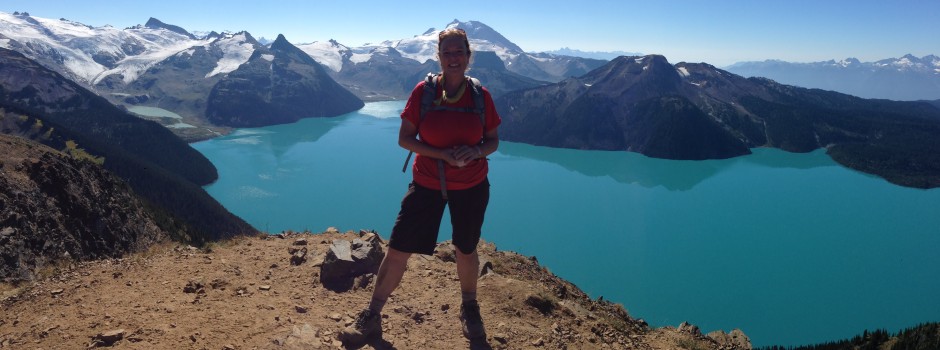As COP25 in Madrid draws to a close, I’m reflecting on my first time attending the international climate negotiations.
There’s a popular narrative that international climate meetings are just a pretense for thousands to jaunt off to exotic locales. To imply that COP is a vacation could not be further from what I witnessed: deeply-committed public servants, academics, and activists working long hours — sometimes through the night — in windowless rooms in a generic conference centre.
COP offers a strange juxtaposition of highly technical debates and intense emotion.
As negotiations proceed over “share of proceeds” from emissions trading for adaptation and financial support from wealthy countries for “loss and damages” in developing countries, reminders of the devastation climate change is already causing are ever-present. A young delegate from the Philippines spoke of how her activism was prompted by the devastation in her country from Typhoon Haiyan. Near the entrance to the conference centre, there is a continuous slide show of heartbreaking stories of climate change impacts. I stood transfixed by the story of a Bangladeshi family who lost their mother in a flood when one of her sons swimming with her let go of her hand to grab the bag containing the family’s only money.
As negotiations continue over a contentious clause to recognize human rights in the emissions trading rulebook, members of Indigenous communities from around the world, including Canada, shared experiences of displacement from traditional lands and livelihoods through deforestation and fossil fuel development. Marshall Islanders, whose entire country lies less than 2 metres above sea level, shared their fears of total loss of their country and culture.
As countries debate long-term plans for “net zero” emissions, unions representing workers dependent on the fossil fuel industry remind negotiators of the need not just for transition, but for a just transition in which vulnerable workers and communities are supported.
And the kids! At their core, climate negotiations are all about securing a sustainable future, so it’s only fitting that voices of children and youth were prominent at COP25. I attended panels where children as young as eleven spoke with remarkable poise, knowledge, and passion. When asked how their lives will be different from their parents, a young Chilean activist responded, “We need to decide whether to have children.” I struggled to hold back tears. I doubt I was the only one.
I reviewed the latest drafts of the rulebook for Article 6, the emissions trading regime under the Paris Agreement, to the sounds of children’s voices across the hall chanting for “Climate Justice Now.”
Greta Thunberg’s arrival was met with a phalanx of photographers at the Madrid train station. It’s fitting that Thunberg has been recognized as Time magazine’s person of the year for launching a global youth movement. Yet that movement has demonstrated that the world full of Gretas – clear-eyed and deeply frightened for their futures.
They are not alone. In the question period following a panel in which experts presented highly technical integrated assessment models of carbon pricing, a young woman asked how they could even talk about markets and economic growth when we’re in the middle of a crisis. One of the panelists responded, “We may look calm, but we’re all frightened. That’s why we’re doing this work.”
Which brings me to hope. Since returning from COP I’ve thought a lot about the distinction the author Rebecca Solnit draws between optimism and hope. Optimism is confidence that everything will be alright. I know that global emissions, and Canada’s, are still increasing. Having witnessed the gap that remains in international negotiations over fundamental issues, including level of ambition and climate finance for developing countries, I cannot say I’m optimistic.
Hope, in contrast, is a belief that things could be better. I choose to remain hopeful. As long as those kids are chanting and governments are still negotiating, there’s still the possibility that we can turn this around. If adults are listening to their children and demand meaningful action from the politicians they elect, there’s still hope.
